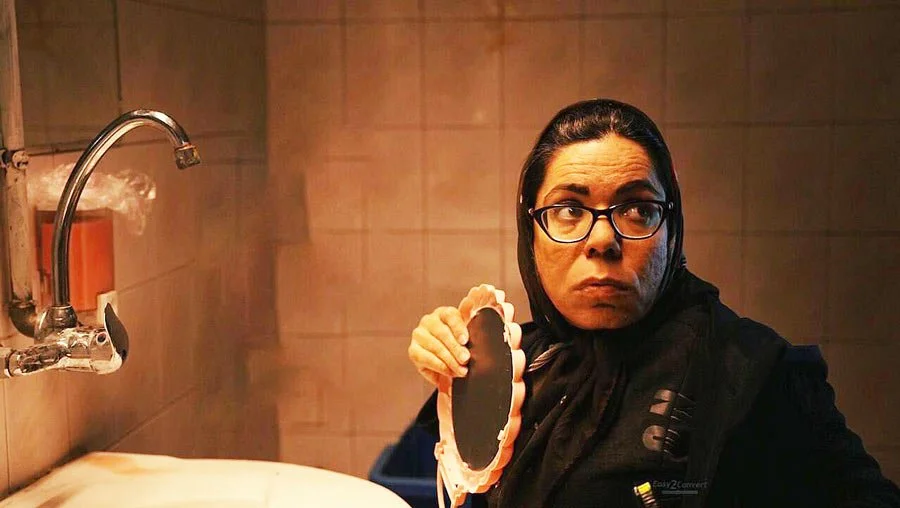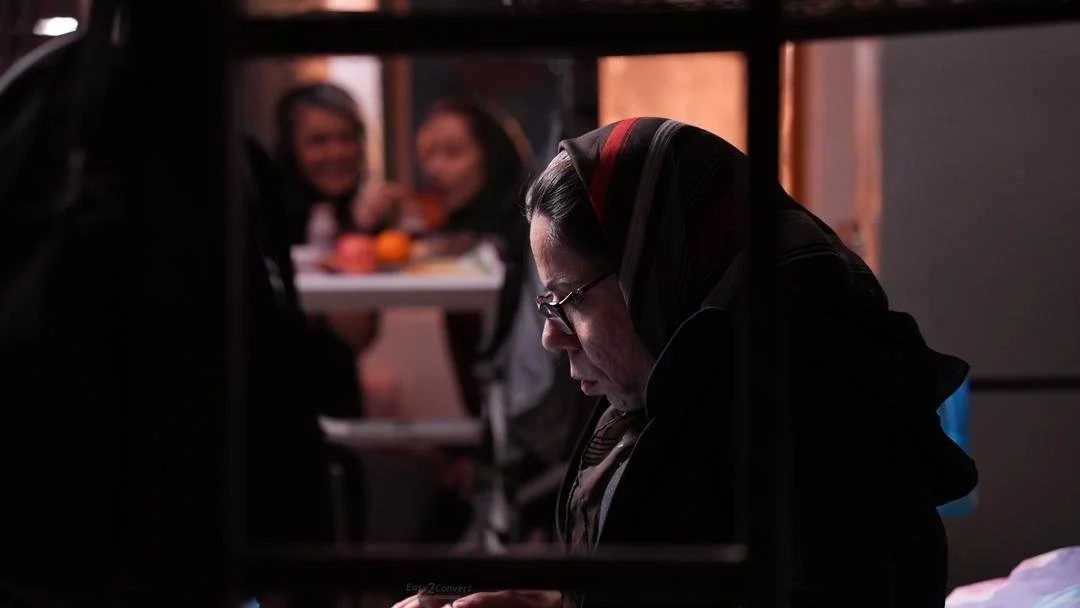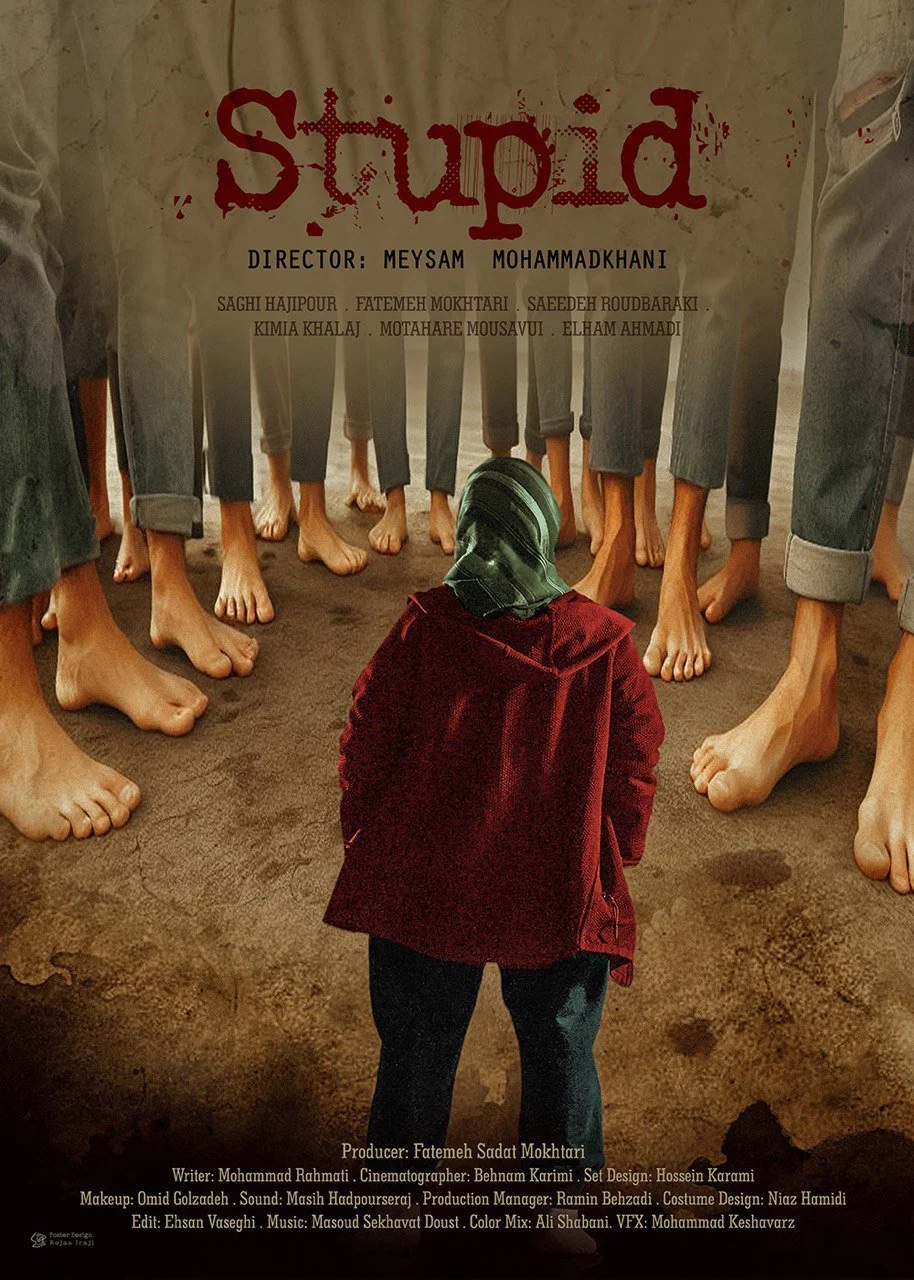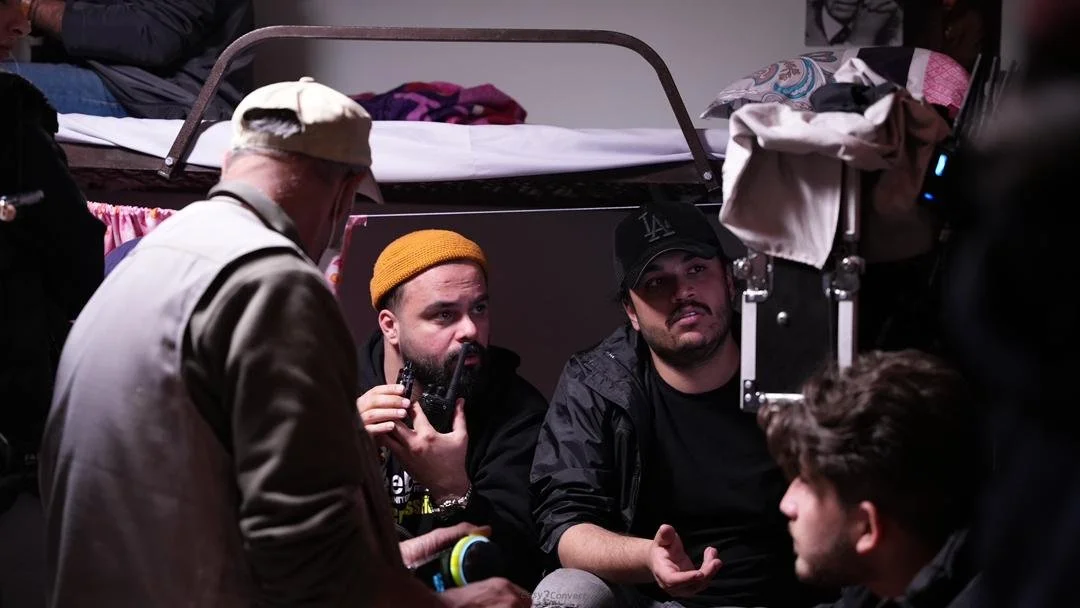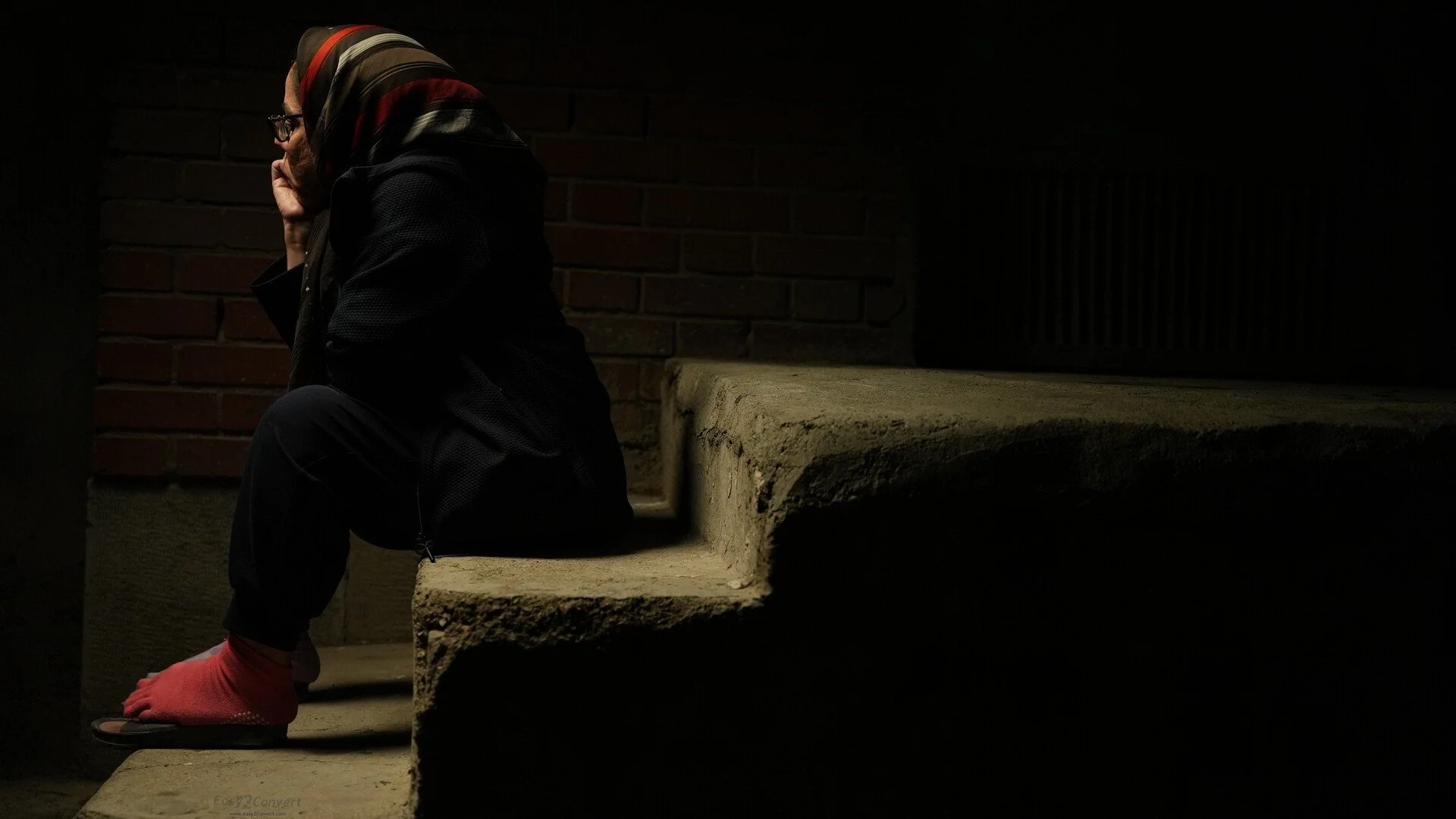Fatemeh Mokhtari: Justice, Cinema, and Change
Welcome Fatemeh, we are very excited to have you today with us to discuss about your work.
Who is Fatemeh Mokhtari and how did the passion for filmmaking begin?
I am Fatemeh from Kerman province and 43 years old, I became interested in cinema after watching the films of Abbas Kiarostami and Hitchcock, and despite being busy working as a lawyer and working in a bank, I decided to pursue my interest in acting and producing. I tried to be on this path for many years, and with God's help, this happened to me.
Can you tell us a bit about yourself and how you got involved in the film industry, particularly in Iran?
I have been learning and working in the cinema for 13 years, and I entered the world of cinema professionally with my first film in 1998, and with the encouragement of my friends, I entered the world of acting seriously.
Filmmaking in Iran often involves navigating cultural, social, and regulatory boundaries. What are some of the unique challenges you've encountered while producing films that touch on sensitive subjects, like bullying and the realities of social exclusion? How did you approach these issues to ensure that “Stupid” felt both authentic and impactful?
Inside Iran, we cannot depict some stories and it is possible that some of our colleagues will make their own films underground. However, regarding the "Stupid" the writer and the director tried to respect the rules, because our goal was revenge. In the past culture of Iran, people's appearance determined their intelligence and character, and this was a social problem that was rare. This social issue gradually disappeared over time.
CONVERSATION ABOUT: ''Stupid''
Given that “Stupid” addresses the complexities of female relationships in a closed community, how did you and the director work together to authentically depict the nuanced dynamics between Marzieh and her roommates?
This is my second collaboration with the director, and I suggested making this film about Short- statured person to the director, but the main issue of the script, which is revenge, was designed by the director and the writer. And the dynamic of this character and the film is due to the tireless efforts of a group of 50 people and the whole group really worked hard.
Many producers choose projects that resonate deeply with their own life experiences or philosophies. Why did you choose “Stupid” as one of your productions, and what does this film represent for you within the broader landscape of Iranian cinema?
This film was a personal motivation for me and a vengeful goal for the director. We tried to show that a person's appearance does not reflect their inner strength and power. We should not underestimate short-statured individuals, as they can start a world war if they are determined.
Were there any memorable or challenging moments during the production that stand out to you?
Yes, because I was on call in the evening and the other person worked in the morning, I was really tired. Due to the exhaustion and pressure of work, I actually fell asleep during a scene in the bedroom and unfortunately fell off the bed.
What message do you hope audiences will take away from Marzieh’s story, especially about the impact of bullying and teasing? Do you feel that openly portraying Marzieh’s restricted growth helps expand the conversation around acceptance and understanding in Iranian society?
In my opinion, the film's message revolves around the humanity of people. If we draw inspiration from Dostoevsky's theories, the theme is about good and evil. The message that the audience receives is to respect the nature of every individual.
Are there any upcoming projects or themes you're eager to explore in your future work, either as an actor or producer?
Yes, I am currently trying to start the production of a surreal feature film.
Your career spans both law and cinema a unique combination. How do you balance these two worlds, and in what ways does each field influence or inspire your work in the other? For instance, does your analytical skill in law inform your approach to character development or storytelling?
Because of the type of communication I have with people through my first job (law), I save all the real characters and different topics that could make a good movie in my mind, so that I can use them in the future.
This marks the conclusion of the interview featuring our esteemed artist, Fatemeh Mokhtari. Our community is growing steadily, with a continuous influx of skilled filmmakers and screenwriters joining us. Explore our other interviews, and consider scheduling one for yourself to showcase your creative endeavors.

